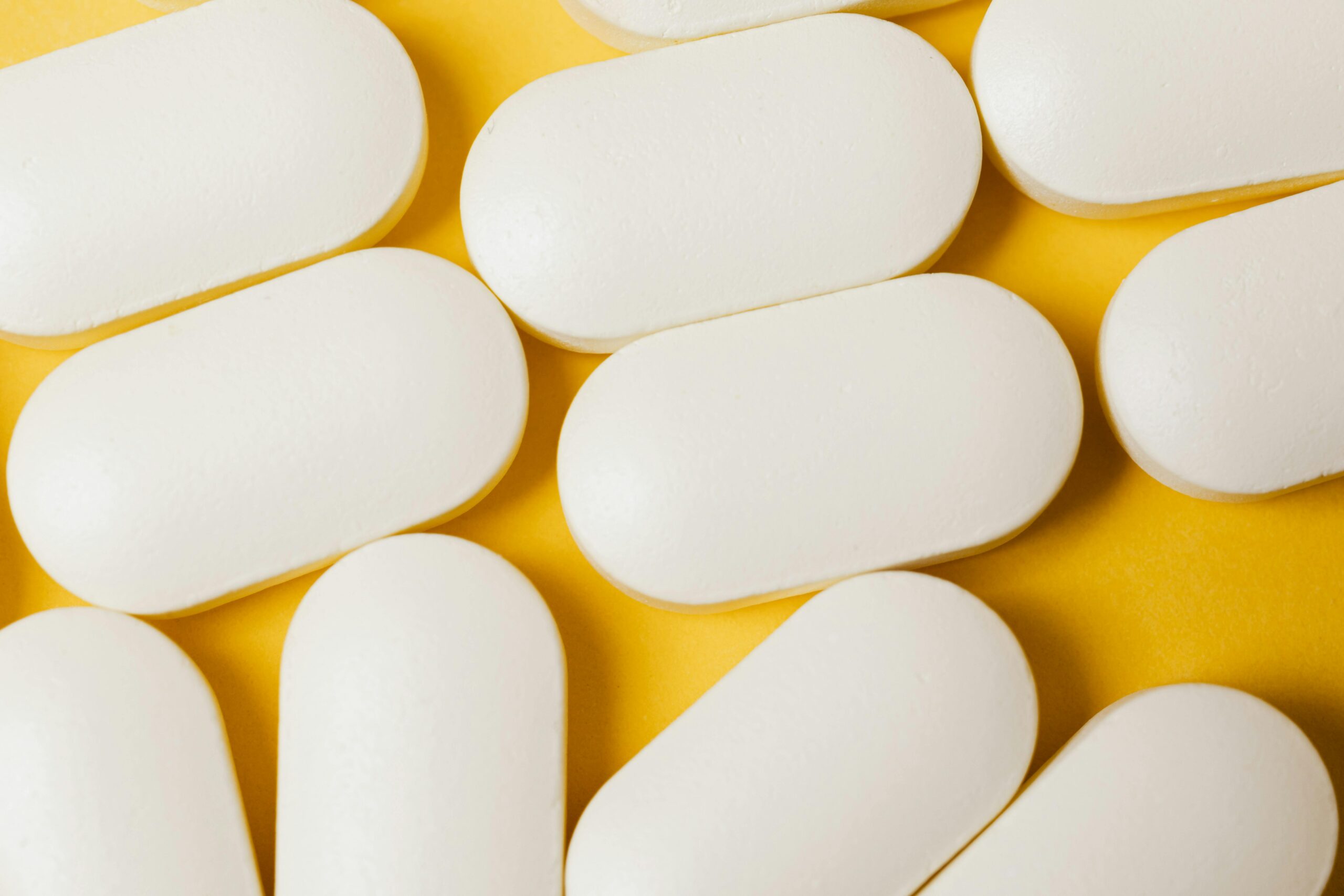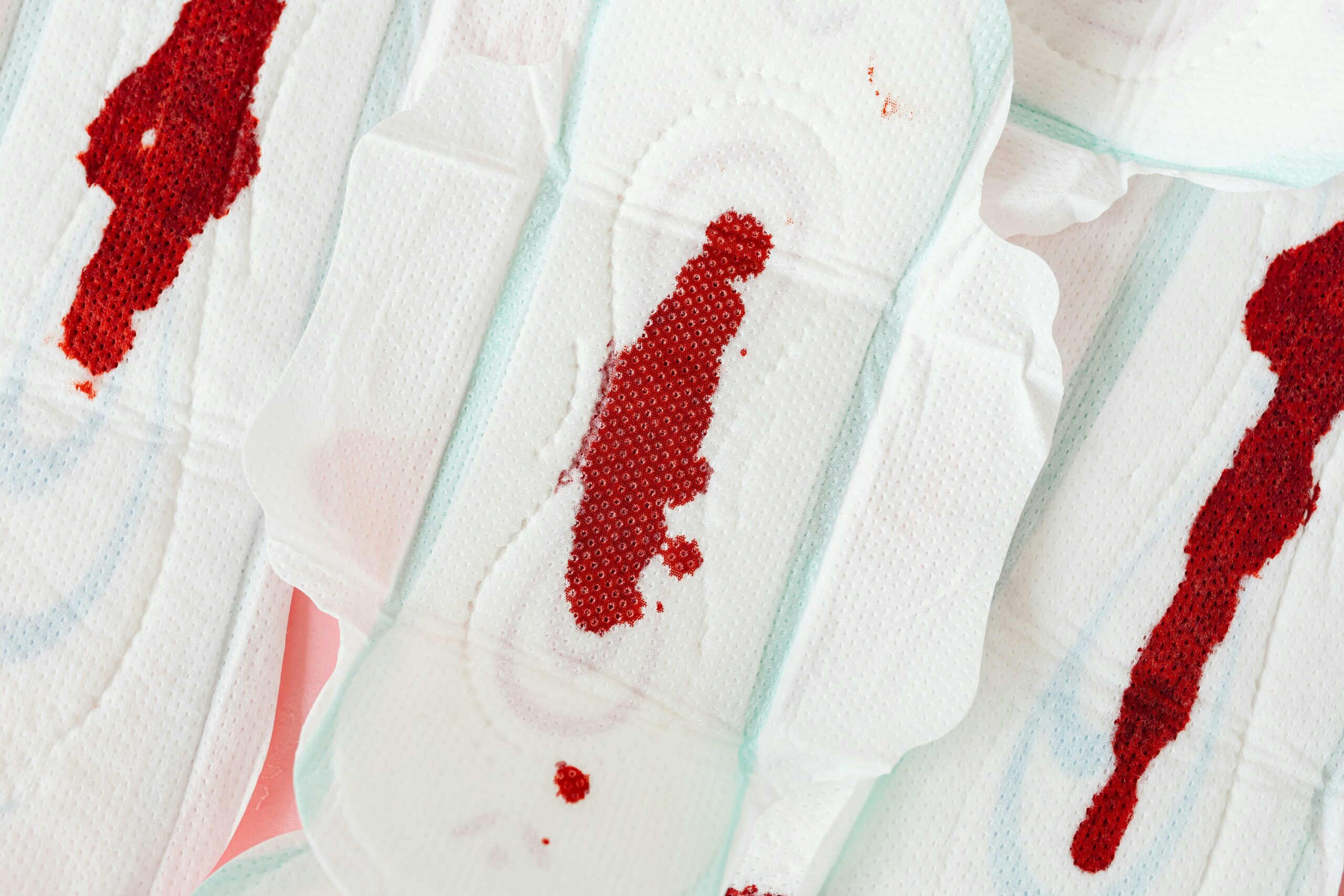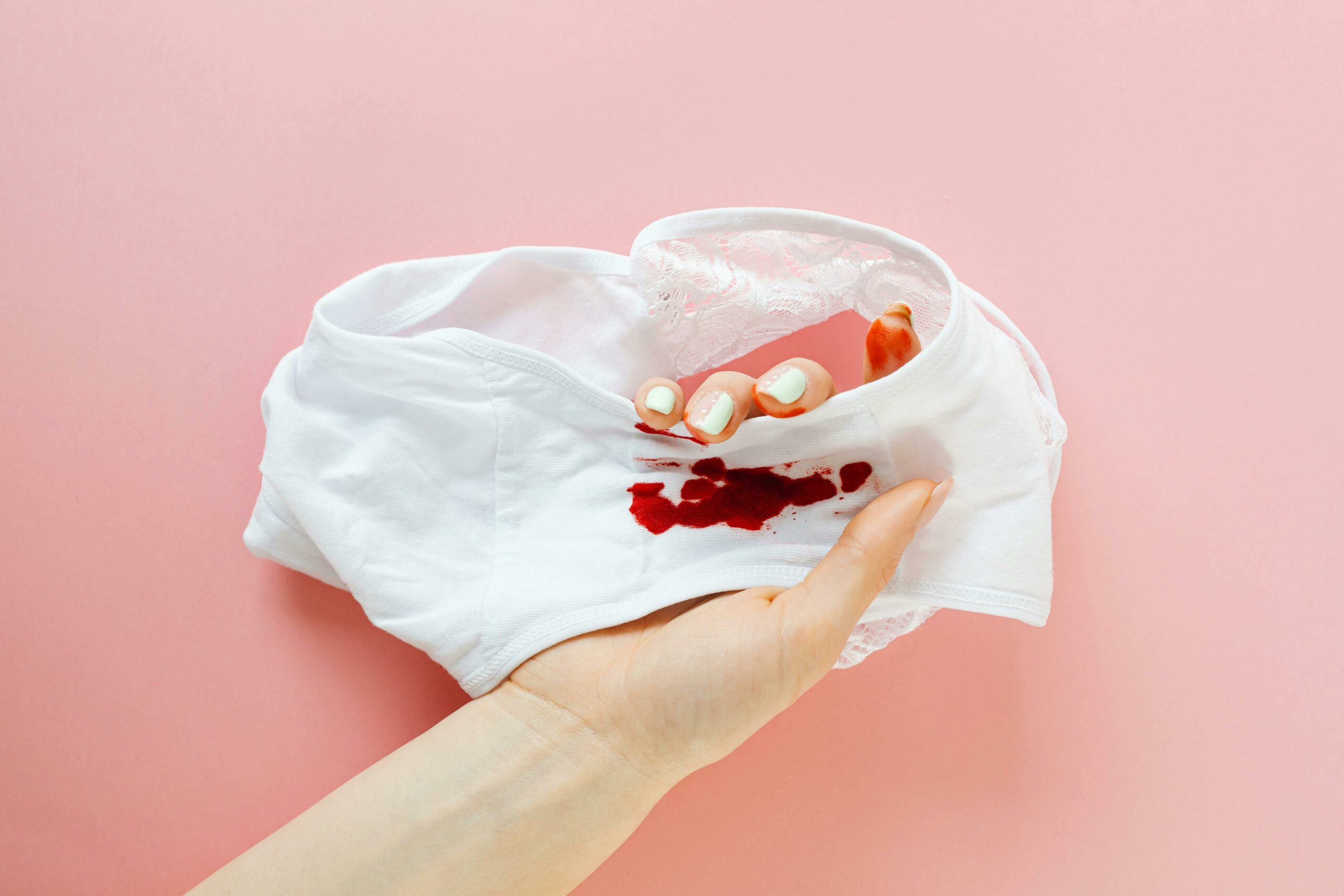
Should I worry about heavy periods?
In this article
What's the lowdown?
Heavy periods are common, but treatments are available
Endometriosis, fibroids, pelvic inflammatory disease, perimenopause and polycystic ovary syndrome can all cause heavy periods but sometimes no cause is found
Changing a tampon every couple of hours and bleeding through clothing can mean you have heavy periods
Heavy periods do not cause infertility, but they can be a symptom of conditions linked to fertility issues
Those with heavy periods may be at risk of anaemia
Hormonal treatments including contraceptives can improve heavy periods
Tranexamic acid is a non-hormonal treatment for heavy periods
If you have heavy periods and PCOS or a BMI over 30, you should see your GP
Heavy periods can feel like a burden to deal with, but do you need to worry? We take a look at the whats, whys and treatment how-tos of heavy periods.
What are heavy periods?
Did you know that people who menstruate can lose around 5 – 12 teaspoons of blood every month? For some, they may lose more than 12 teaspoons. But what does this really mean? What do twelve teaspoons of blood look like when using tampons and sanitary towels? And how do you know if your periods are heavy?
To figure out whether you have heavy periods, ask the following:
- Do you change a tampon or pad every couple of hours?
- Do you need to empty your menstrual cup sooner than the instructions suggest?
- Do you often bleed through clothes and use two different products to protect against leaks?
If the answer is ‘yes’, you may have heavy periods. Heavy periods with blood clots larger than 2.5cm (the size of a 10p piece) and bleeds lasting longer than seven days all indicate heavy bleeding periods. In essence, periods that are heavy enough to disrupt your normal daily life and require your attention.
Why are my periods so heavy?
Underlying causes of heavy periods include:
- polycystic ovary syndrome (PCOS)
- endometriosis
- fibroids
- pelvic inflammatory disease (PID)
- perimenopause
So consider a trip to your GP to rule these conditions out. It is not uncommon for periods to be heavy, and this may be what’s normal for you. That doesn’t mean you have to suffer in silence, however. Treatment options – such as hormonal medication and tranexamic acid – are available to you.
Is it normal to have heavy periods?
When you first start your period, you may experience heavy bleeds. Likewise, after pregnancy and during the perimenopause, heavy periods can be normal. For others, no obvious cause has been found.
Heavy bleeding is common and can impact your mood and physical health, and can significantly affect daily life. So it’s important to be aware of which treatment options are available – more on this in a moment.
Do heavy periods affect fertility?
There are many factors that can impact fertility, including alcohol intake, smoking, weight and age. Whilst heavy periods themselves do not cause infertility, they can be a symptom of other conditions which are linked to problems with conceiving. Blocked fallopian tubes from PID, and the absence of regular ovulation in PCOS and endometriosis are all common causes of fertility problems. As previously mentioned, these can be a cause of heavy periods. Complications due to fibroids may result in fertility problems, but only in rare circumstances.
When to worry about heavy periods
In rare circumstances, heavy periods can be a sign of womb cancer. If you start having heavy periods and have PCOS or your BMI is over 30, you should see a GP.
It’s important to see a doctor if you’ve had heavy periods for a while, if your periods are extremely painful, if you experience bleeding between periods or after sex, and if your heavy periods are accompanied by pain during sex, peeing or pooing.
Due to the larger loss of blood you experience during a heavy period, you may be at risk of anaemia. Anaemia can lead to headaches, tiredness and breathlessness. A simple blood test carried out by your doctor can check for anaemia.
You should also see a doctor if your periods are interfering with your everyday life and are causing you distress. We have a great team of doctors here at The Lowdown who are passionate about women’s health and helping you.
Treatment for heavy periods
Dreading every month due to the worry of really heavy periods is a misery you don’t have to endure.
Tranexamic acid is a non-steroidal, anti-inflammatory drug (NSAID) used in the treatment of heavy periods. It is a non-hormonal option, perfect for those looking to avoid hormonal treatments. Tranexamic acid reduces menstrual blood loss by up to 50%. It is only taken for a short time each month to control your monthly bleeding. Usually this is two (500mg) tablets taken three to four times a day, for the first three to four days of your period.
The hormonal coil (IUS) is another effective treatment for heavy periods. By releasing progestogen, the lining of the womb is thinned. Periods become lighter, less frequent, and may stop completely. The IUS should not be confused with the IUD, aka the copper coil. This can have the opposite effect and sometimes makes periods heavier! The copper coil is an effective contraception and a great non-hormonal choice, but is best avoided by those experiencing heavy periods.
Evidence shows that the use of combined hormonal contraceptives results in lighter periods. The combined pill, the patch, and vaginal ring can all be used to help manage heavy periods and period pain. It may also be beneficial to use combined hormonal contraceptives continuously, avoiding withdrawal bleeds, with studies showing an advantage over the more traditional cyclical use (with breaks) in the short term.
Tranexamic acid is generally safe and can be taken with most other medicines, however you should speak to your doctor or pharmacist if you’re taking the combined pill as there could be a very small increased risk of getting a blood clot if you take tranexamic acid as well.
Investing in some period pants could make a big difference to your heavy periods. Period pants, such as Modibodi or WUKA, are a sustainable form of menstrual care that can be washed and re-used. Modibodi in particular can hold up to 3-4 tampons worth of blood in the lining!
So if you’re struggling with heavy periods…..don’t. You never have to suffer in silence, our GPs are always here to listen to your concerns. Booking an appointment to discuss your symptoms and ways to manage them is easy, convenient and you’ll wish you’d done it sooner!
Our medical review process
This article has been medically reviewed for factual and up to date information by a Lowdown doctor.






